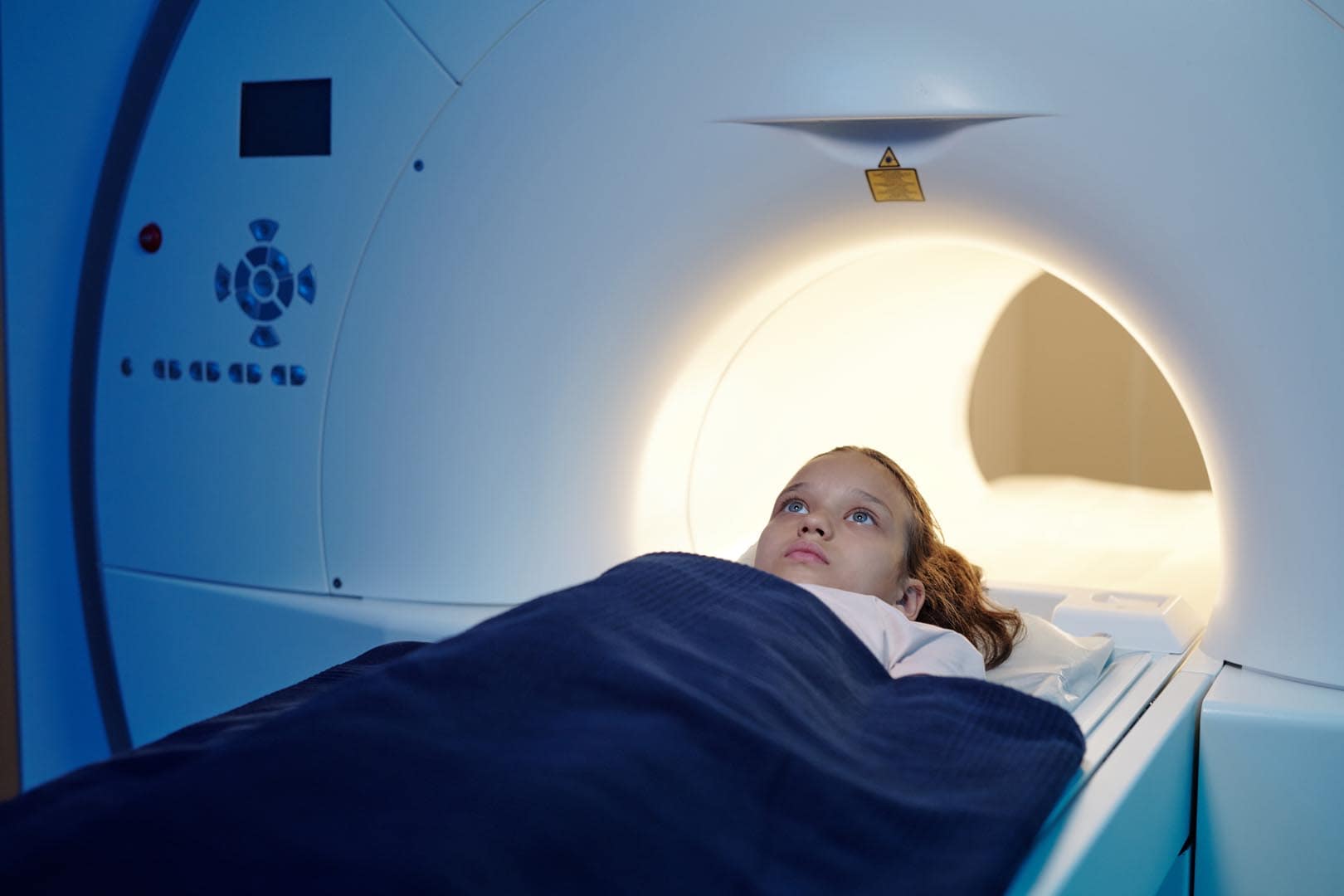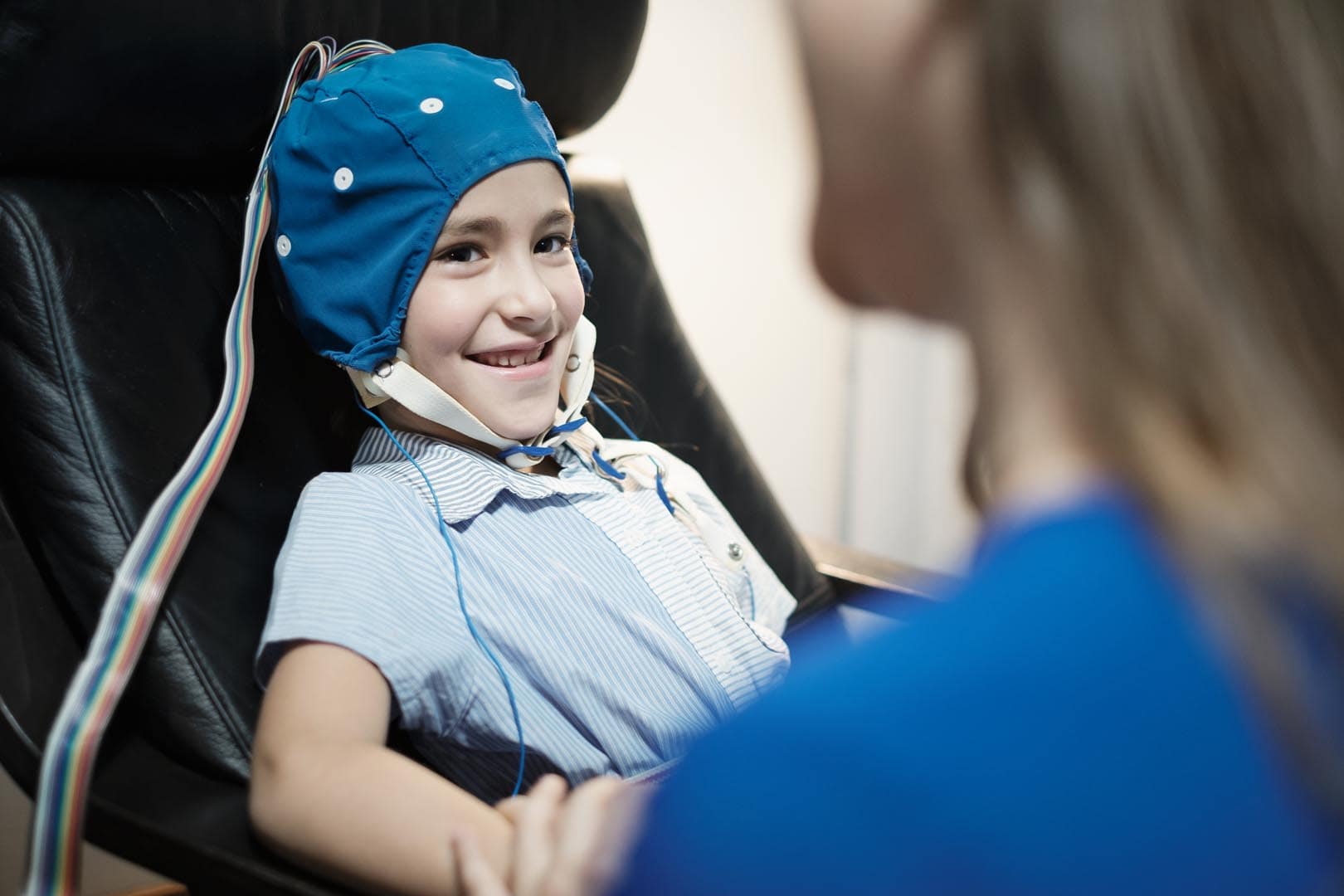Metabolic Screening
Metabolic Screening for children with autism is not a routine test, but it is suggested by some medical practitioners to aid in diagnosis Metabolic screening is one of the several tests that exist in helping scientists and researchers discover what may cause autism. It is a specialized test that focuses on the inborn weakness of metabolism. These disorders are usually unnoticeable at birth and gradually develop as the child grows.
Studies are continuously being made all aiming to discover what causes autism and, most importantly, what can cure or prevent it. Medical health practitioners are able to test children for metabolic disorders to identify several disorders that may be associated. Though no proven theory states that metabolic disorders may be the cause of autism, it is still commonly present in childhood autism.
Metabolic disorders
An example of a metabolic disorder that autism is associated with is Phenylketonuria (PKU). Phenylketonuria is the abnormal presence of phenylacetone and other metabolites of phenylalanine in the urine. Phenylalanine is toxic to the brain tissue, therefore an accumulation of this is believed to be linked with autism. These metabolic disorders are somehow associated with how a child with autism behaves and deals with people and his or her surroundings.
Reasons for Metabolic Screening in children
- Presence of lethargy – tiredness;
- Cyclic vomiting – is a syndrome that presents recurrent vomiting and nausea. The presence of lethargy is also present;
- Early seizures;
- Presence of dysmorphic or coarse features – means a difference in body structure when compared to the normal anatomical body;
- Evidence of mental retardation or the lack of evidence to rule it out;
- Questionable newborn screening;
Procedure for Metabolic Screening
Metabolic screening is usually done at birth as part of what is called Newborn Screening. According to the Center for Disease Control and Prevention (CDC), newborn screening tests for genetic, endocrine, metabolic disorders, and hearing loss prior to discharge from a hospital or birthing center. It is done by drawing a few drops of blood from the newborn’s heel. Newborn screening needs parental consent before it can be done. In older children, a urine or blood sample is obtained and submitted for testing. One urine sample can test for hundreds of metabolic disorders. Health professionals that deal with genetic metabolic disorders and registered dietitians are usually the ones to consult regarding metabolic disorders.
Reference:
Health Discoveries. healthdiscoveries.net: Experts Re-Think Autism and Autism Treatments Leading to New Treatments that Work. Retrieved March 24, 2011, healthdiscoveries.net/autism-treatments.html
Copyright © by Special Learning Inc. All right reserved.
No part of this article may be reproduced in any manner whatsoever without written permission except in the case of brief quotations embodied in critical articles and reviews. For information, contact Special Learning Inc., at: contact@special-learning.com








